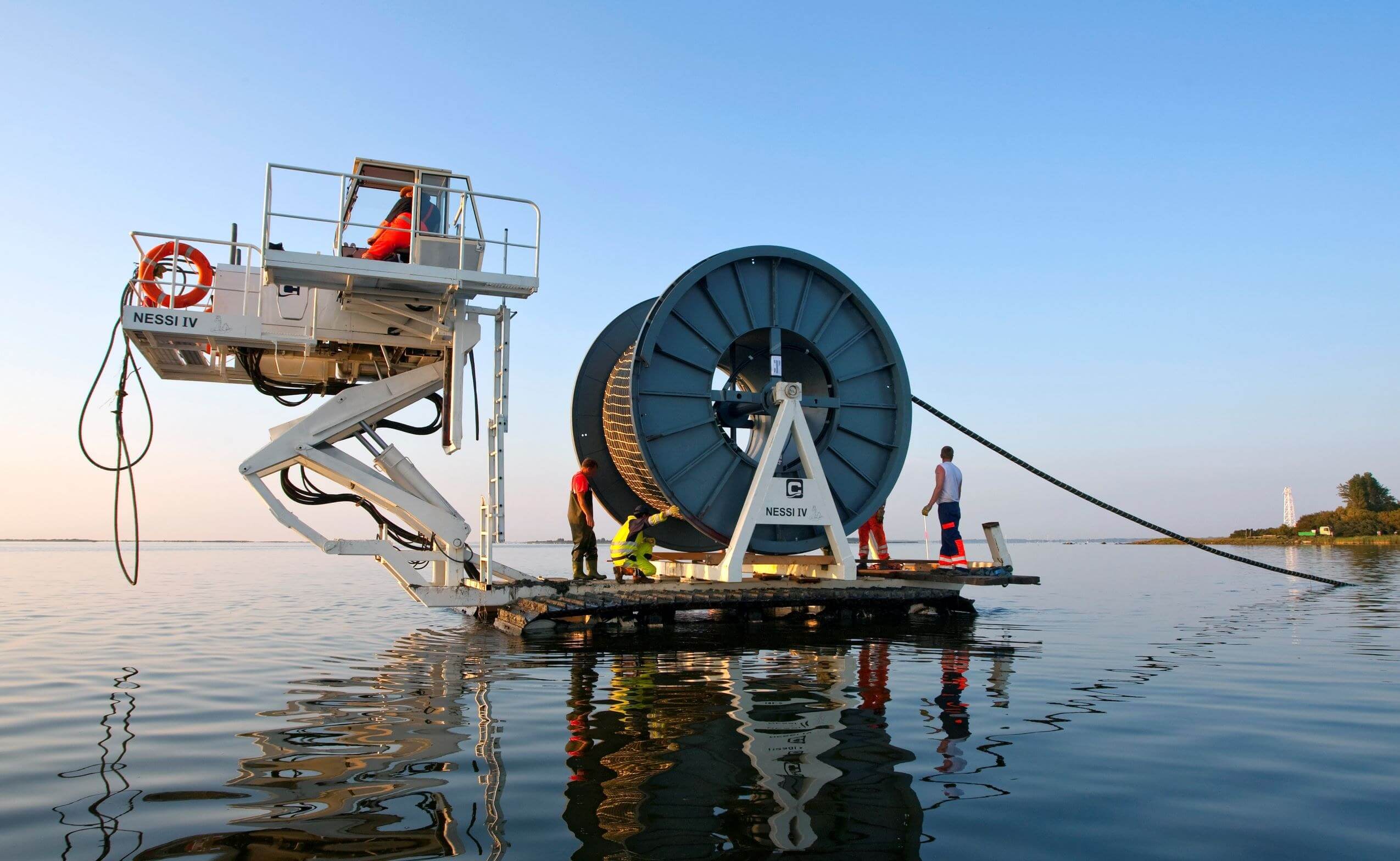Why it matters: We may like to think of the internet as comprised of 'clouds,' but the reality is a little less white and airy and a little more dark and wet. Chances are, you couldn't access many of your favorite sites without employing one of the globe's 378 undersea cables, which is why Equiano will have a significant impact in Africa, where only 22% of households have internet access.
Stretching from the edge of Portugal, along Africa's western coastline and touching down at the tip of South Africa, Equiano will connect much of Africa to Europe and the greater internet, with a capacity twenty times greater than the region's current best cable. Google is negotiating the sale of nine branching units positioned along the cable, however, the first shall go to Nigeria, the homeland of Olaudah Equiano, who gives the cable its namesake.
Olaudah Equiano was enslaved as a child in the mid-eighteenth century and was sold to a Royal Navy captain stationed in the British West Indies. Eventually, he was able to buy his freedom and in London became a writer and abolitionist, writing the first slavery memoir that changed the way the public viewed slavery.

As a privately funded cable, Equiano will be very advanced. Primarily, it will employ space division multiplexing, which uses twelve rather than eight fiber pairs, as a traditional cable might have. The power-repeaters have a new design and the pump lasers, which amplify the signal, can be shared amongst multiple fiber pairs. It will also be the first subsea cable to use optical switching at the fiber-pair level, improving latency and efficiency.
The contract to build the cable was signed with Alcatel Submarine Networks late last year, but Google hasn't specified when construction will or did begin. The first phase, which will connect Portugal, Nigeria and South Africa will be completed in 2021, with more countries connected in the following years.
